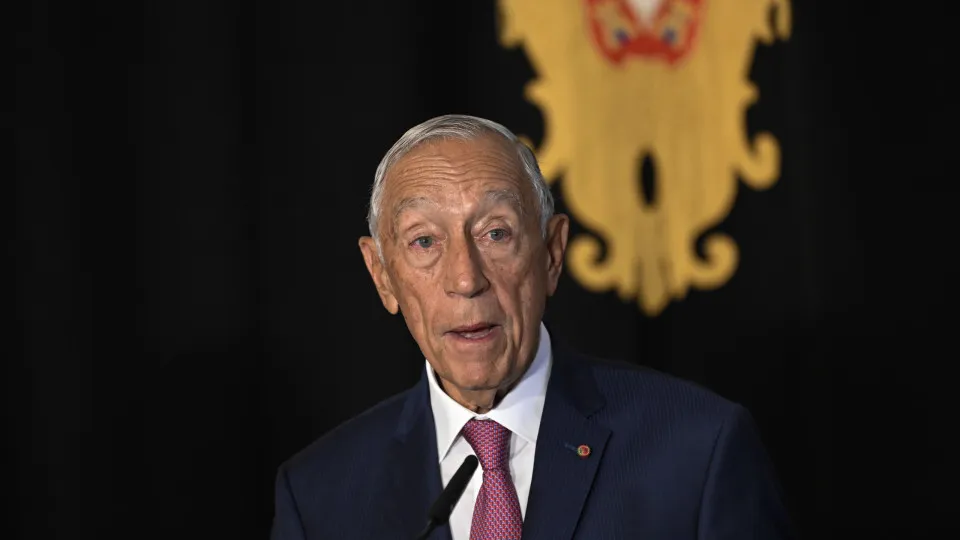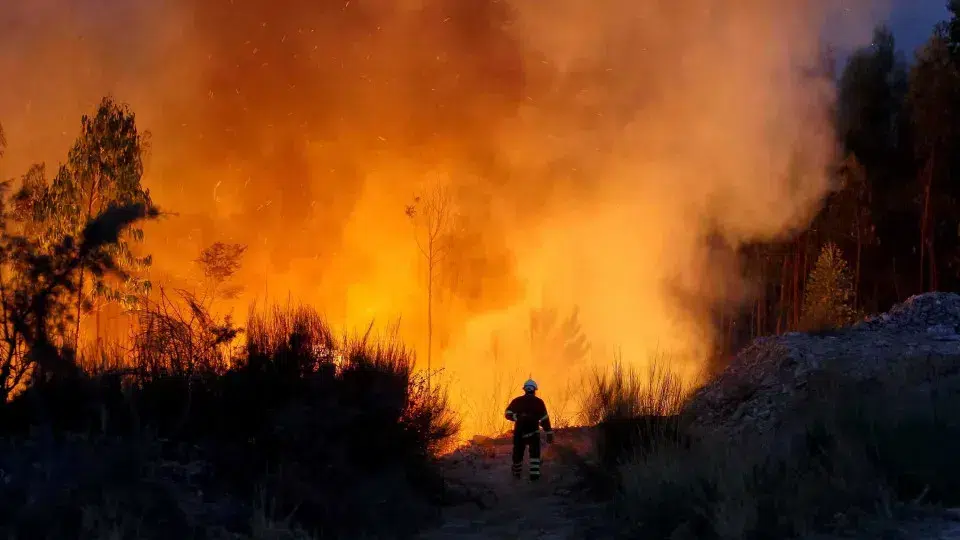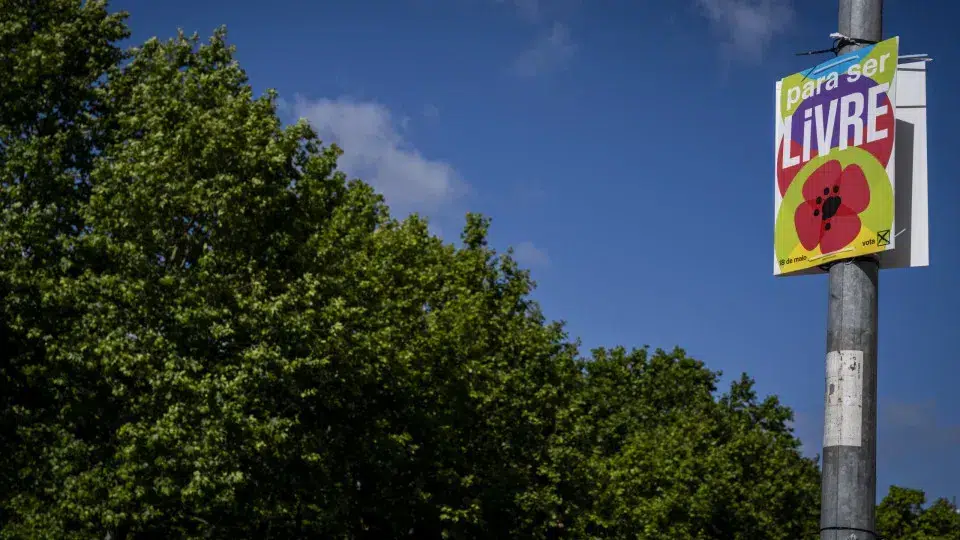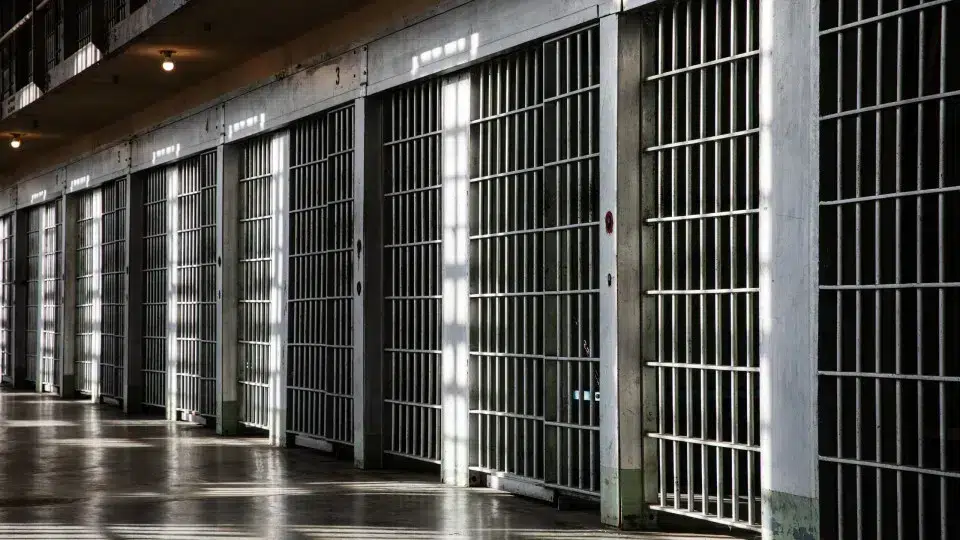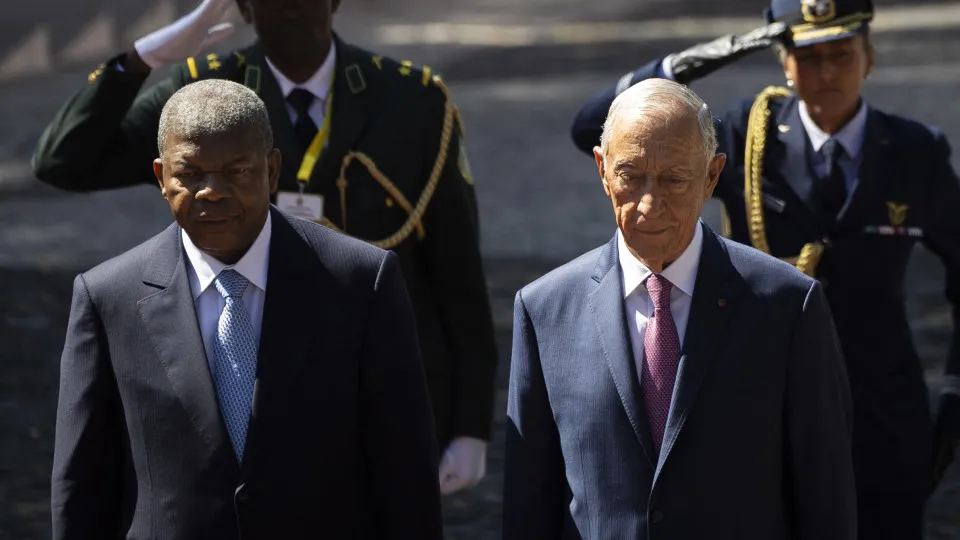
The online debate organized by the Observatório da Imprensa Angolana focused on “the role of the Portuguese political and economic elite in maintaining and continuing the dictatorship in Angola.”
Sociologist and journalist Luzia Moniz argued that Portugal’s relationship with Angola has been driven by profit, which “is necessary for Portugal.”
“On the other hand, we know it is the laundering place for money looted from Angolans, money that should be invested in education. Portugal is complicit in a practice of impoverishment, stripping dignity from Angolans, because the only concern is the millions it gets from Angola to protect its economy and societal model,” she criticized.
For Luzia Moniz, “there is a vassalage of Angolan power concerning Portuguese power,” particularly “an ascendancy” of Marcelo Rebelo de Sousa over his Angolan counterpart, João Lourenço.
Emphasizing that “no dictatorship survives without external support,” the activist added that the Angolan regime is “more concerned with its external image than its internal one” because “those in power do not care what the Angolans think or stop thinking.”
Karina Carvalho, director and founder of EthosGov, advocated for “an end to the complete promiscuity between politics and business,” reminding that the Portuguese are still paying “the bill, for example, of the BESA collapse.”
Regarding Angola as a dictatorship, she stated that “the MPLA uses the formal mechanisms of democracy to perpetuate its power and Angola has, for all intents and purposes, democratic institutions,” although they are “systematically undermined by the ruling party.”
“It is not a dictatorship in the classical sense, but it has coercive elements and mechanisms that give it that authoritarian spectrum,” said the sociologist, pointing to “endemic corruption, significantly due to the role of Portugal and the CPLP,” as the main cause.
Karina Carvalho noted, “Portugal’s role in democratization has historically been very ambiguous,” with a narrative of “supporting our Angolan brothers,” while undermining or weakening the democratic transition, because the priority of Portuguese foreign policy is to ensure economic stability in Angola-Portugal relations.
“This makes successive rulers place above human rights, transparency, and good governance, their economic interests,” she commented.
Regarding Marcelo Rebelo de Sousa’s connection to Angola, she said that the Portuguese President “embodies a systematic and permanent relationship of high-ranking Portuguese public officials who have maintained these relations primarily with Angola,” noting that Portuguese companies have strategic ties with Angolan companies linked to political power.
“But do not think that the Portuguese State is supporting the Angolan State, no, successive governments are supporting the MPLA and that needs to be said,” she stressed.
“Angola is probably the most important non-European market for Portugal; Portuguese companies depend on the MPLA to profit,” continued Karina Carvalho, emphasizing that “Portugal’s business policy with Angola is criminal.”
“Portugal concurs for Angola to become more of a kleptocratic state, captured by corruption. In Angola, there is a political and economic elite with a party that dominates all sectors, and Portugal, being an accomplice of the MPLA, causes or provides illicit enrichment, and this enrichment originates from criminal sources,” noted the sociologist.
Nonetheless, despite the role of the political-economic elite, she pointed out that there are Portuguese “who have every interest in Angola being a democratic and free country”: “The elite has a massive responsibility in maintaining this ‘status quo,’ but there are also many people in Portugal who want to support Angola, and if we do not build bridges, we cannot reach there.”
Political science and international relations professor Raul Tati considered that “there is reciprocal vassalage between Portugal and Angola,” recalling that “at certain times Portugal crouched before Angola, before the MPLA,” as happened in the case of the former vice-president and former president of Sonangol, Manuel Vicente, who created a famous “irritant” in diplomacy between the two countries.
The expert and independent deputy elected by UNITA (the largest opposition party in Angola) also spoke of “Portugal’s connivance and active complicity in maintaining the ‘status quo’ in Angola,” stressing that “Portugal is not interested in losing sight of what it gains in relation to Angola.”
The debate moderator, writer, and academic Domingos da Cruz, noted that he sees “no possibility for Portugal to support the democratization of Angola,” stating that Marcelo Rebelo de Sousa “sided with the electoral farce of the last elections in 2022 and is always ready to come and congratulate Angola.”

